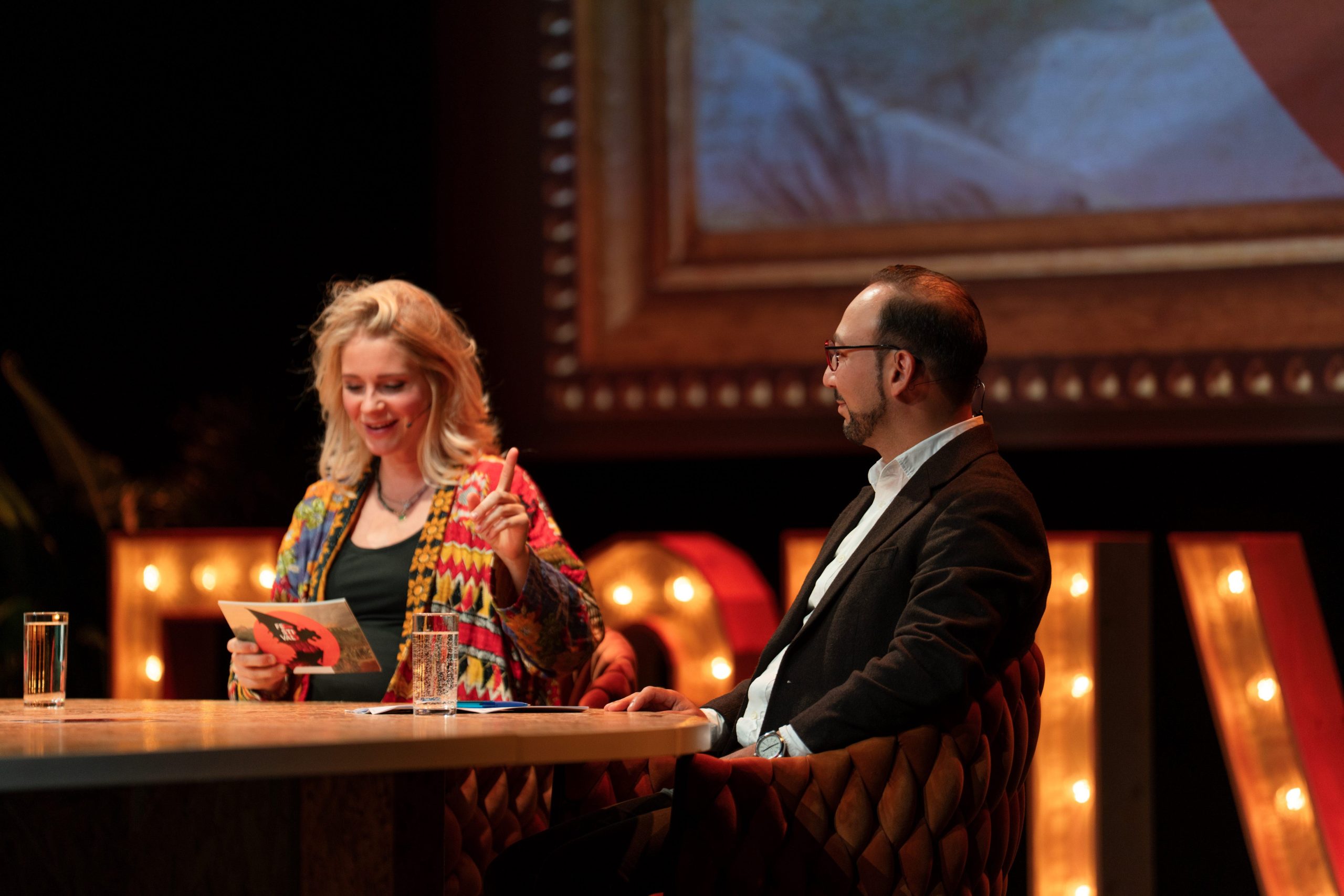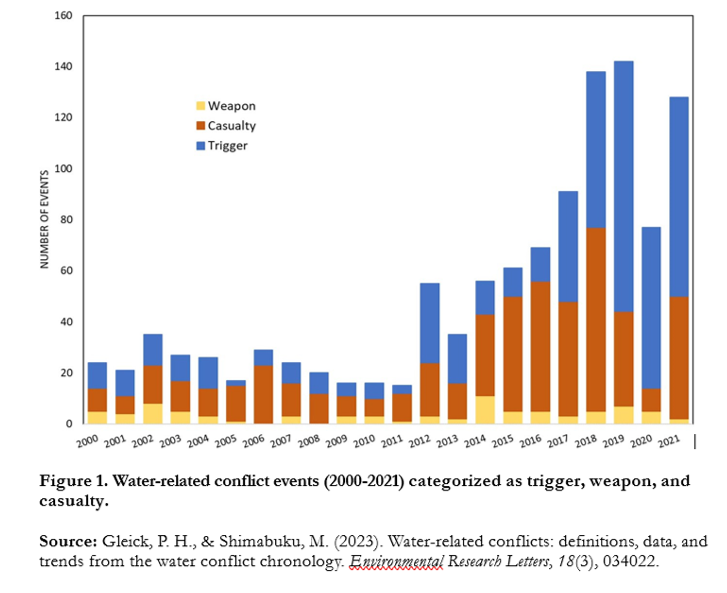
On October 15, 2025, the city of Den Bosch will host a special panel discussion as part of the commemoration of the 1629 Siege of ’s-Hertogenbosch, a pivotal event that helped shape the Netherlands as we know it today. Four centuries later, water remains at the heart of our political, environmental, and humanitarian challenges. This year’s commemorative panel brings together experts and thinkers to reflect on the enduring role of water — not only as a natural resource, but as a force that continues to influence global power, cooperation, and conflict.
At the center of this discussion is Dr. Farhad Mukhtarov, water governance expert and academic, whose panel contirbution “Water in Geopolitical and Global Developments” explores the complex relationship between water and conflict — from the lowlands of 17th-century Europe to today’s war zones in the Middle East and Ukraine. Farhad’s presentation challenges one of the most persistent modern myths: that the wars of the 21st century will be fought over water.
Drawing on the influential works of Aaron Wolf and Peter Gleick, he examines how our understanding of water’s role in international relations has evolved over the past three decades. While Wolf’s groundbreaking 1998 research demonstrated that shared water systems tend to promote cooperation rather than conflict, Gleick and his colleagues at the Pacific Institute have more recently documented a disturbing countertrend — the growing weaponization of water in modern warfare. Data from the Institute’s Water Conflict Chronology reveal a sharp rise in violent events where water systems themselves become targets or tools of war. Farhad highlights three ways in which water features in conflict today (classification is of Gleick’s): as a trigger, when disputes arise over rivers, dams, or irrigation rights; as a weapon, when flooding, contamination, or the destruction of infrastructure is used to cause harm; and as a victim, when wars leave communities without access to clean water. These patterns, he warns, show how water has shifted from being a symbol of peace and cooperation to a strategic instrument of power and control.
 Farhad also situates the Dutch experience within this global story. The Netherlands, long a world leader in water management and diplomacy, possesses both the knowledge and the moral responsibility to ensure that its innovations contribute to sustainable peace rather than unintended harm. As Dutch expertise is exported and applied across the globe, he argues, the nation must remain conscious of the political and ethical dimensions of its influence.
Farhad also situates the Dutch experience within this global story. The Netherlands, long a world leader in water management and diplomacy, possesses both the knowledge and the moral responsibility to ensure that its innovations contribute to sustainable peace rather than unintended harm. As Dutch expertise is exported and applied across the globe, he argues, the nation must remain conscious of the political and ethical dimensions of its influence.
The panel, “Water and War – Den Bosch and Beyond,” will gather historians, policymakers, and environmental scientists to explore how water continues to shape our societies — in peace and in conflict.
The event will take place on October 15, 2025, in Den Bosch. More information about the venue and registration is available here. The event will be in Dutch.
WATCH THE VIDEO BELOW (ONLY AVAILABLE IN DUTCH). REPORT ON THE EVENT IN ENGLISH HERE.